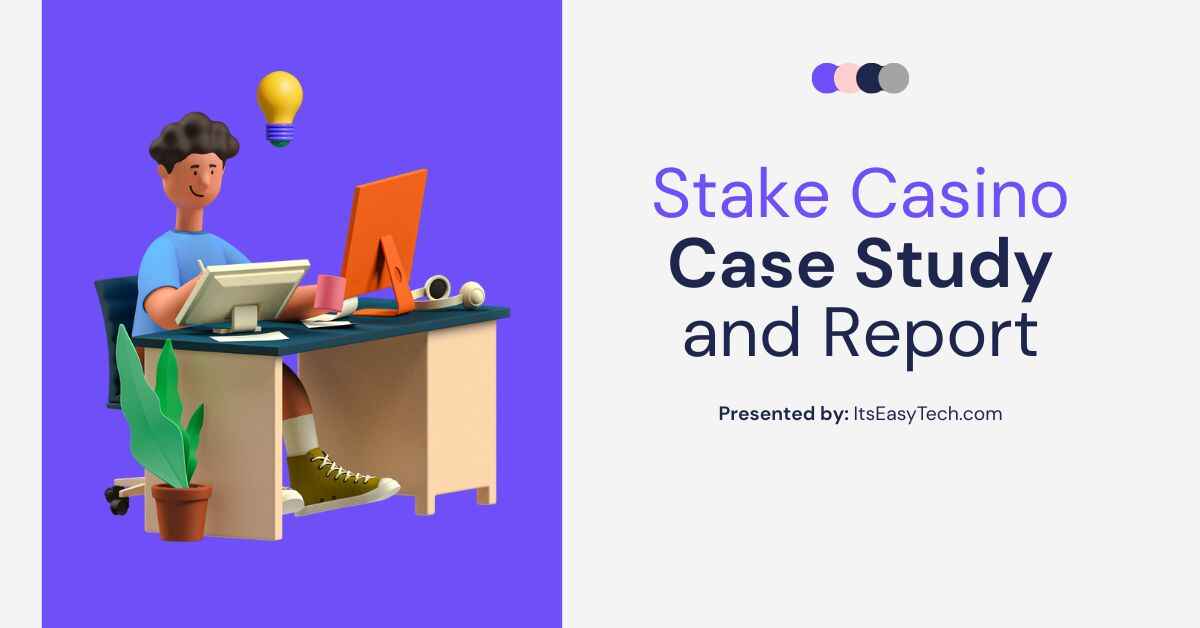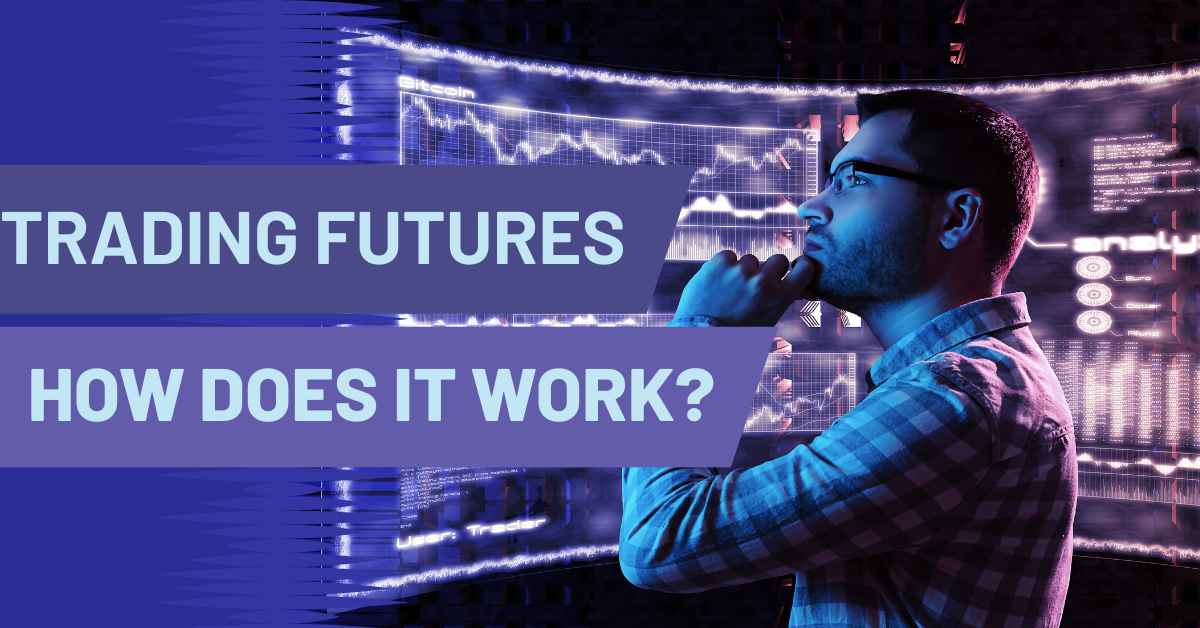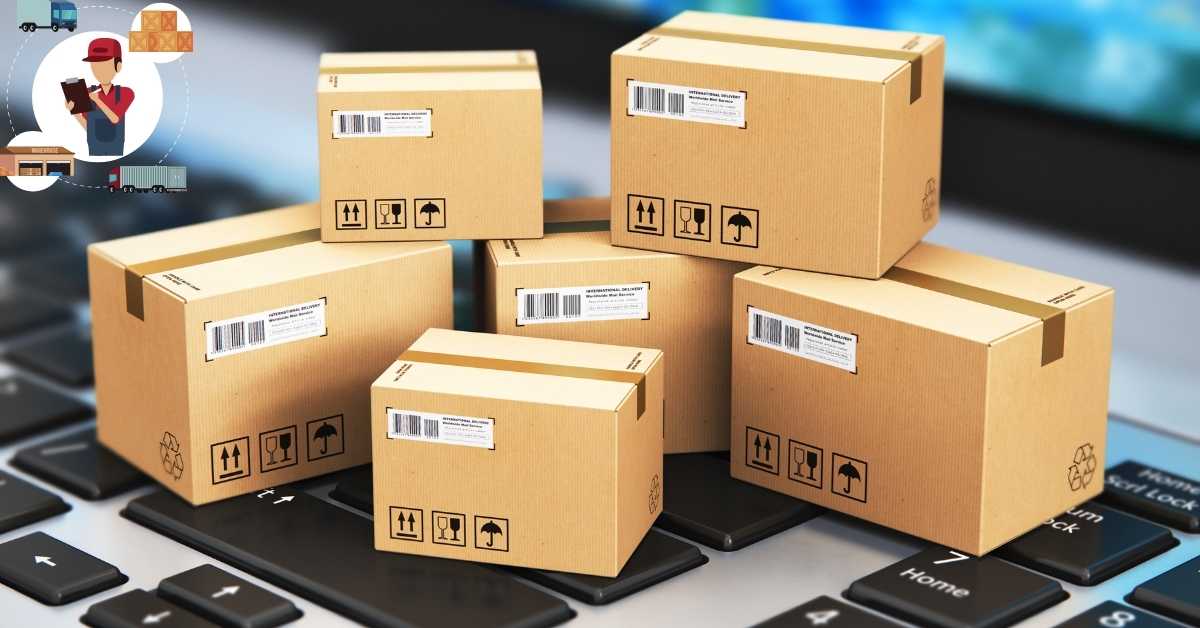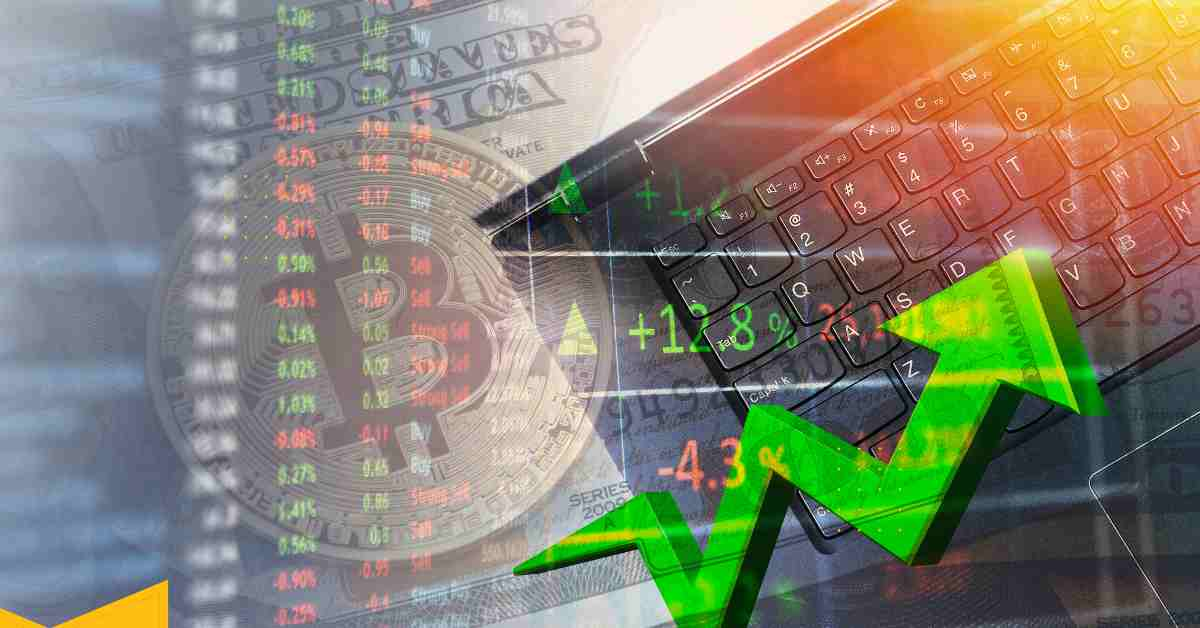Futures trading is a popular investment strategy used by investors looking to profit from the fluctuation of asset prices. Futures contracts are agreements to buy or sell a particular asset at a specific price and date in the future. The assets in question could be anything from commodities like gold or oil to financial instruments like stocks and bonds. In this article, we’ll explore what futures trading is, how it works, and what to consider before getting involved.
Read: Trading Options: What They Are and How They Work
Understanding Futures Trading
Futures trading can be thought of as a way to speculate on the future price of an asset. When an investor buys a futures contract, they are essentially making a bet on whether the price of the underlying asset will rise or fall by the expiration date of the contract. If they predict correctly, they can sell the contract for a profit. If they are wrong, they will incur a loss. If you want more information regarding these complications in crypto trading, visit the link provided.
Futures contracts are standardized agreements traded on exchanges. This means that the terms of the contract are the same for all participants, making it easy to buy and sell them. Each contract specifies the type of asset being traded, the quantity, the delivery date, and the price. For example, a gold futures contract might specify that the buyer will take delivery of 100 ounces of gold on a particular date for $1,500 per ounce.
Leverage and Margin
One of the unique features of futures trading is leverage. Leverage allows traders to control a large amount of an asset with a relatively small amount of capital. For example, if the margin requirement for a gold futures contract is 5%, an investor can control $100,000 worth of gold with just $5,000 in the capital. This can amplify profits if the trade goes in the investor’s favor, but it can also lead to large losses if the trade goes against them.
Managing Risk
As with any investment strategy, there are risks associated with futures trading. To manage these risks, investors can use a variety of tools, including stop-loss orders and options. A stop-loss order is an instruction to sell a futures contract if the price reaches a certain level. This can help limit losses if the trade goes against the investor. Options, on the other hand, give the investor the right, but not the obligation, to buy or sell the underlying asset at a specified price before the expiration date. This can provide some downside protection while still allowing for upside potential.
Choosing a Futures Broker
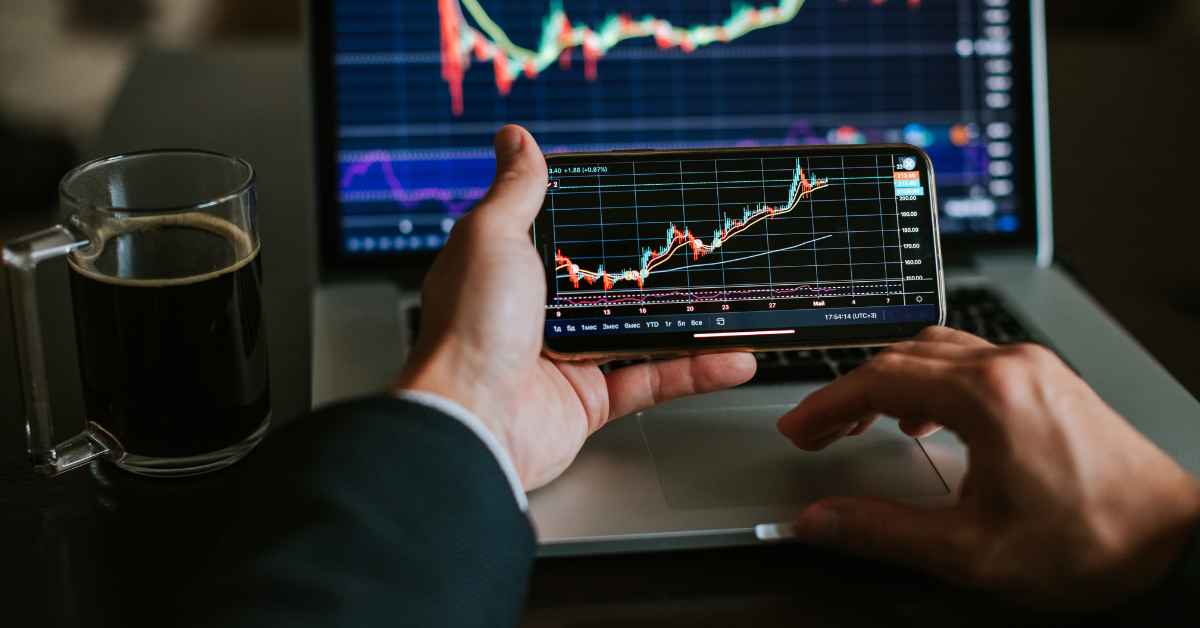
To trade futures, investors need to work with a futures broker. A futures broker is a licensed professional who facilitates trades on futures exchanges. When choosing a futures broker, investors should consider factors like fees, trading platforms, and customer support. Some brokers specialize in certain types of futures contracts or cater to specific types of investors, so it’s important to find one that meets your needs.
Types of Futures Contracts
There are many different types of futures contracts available for trading. Some of the most popular include:
- Commodity futures: These contracts are based on the price of commodities like gold, oil, and corn.
- Financial futures: These contracts are based on financial instruments like stocks, bonds, and currencies.
- Index futures: These contracts are based on the performance of a stock market index like the S&P 500.
- Currency futures: These contracts are based on the exchange rate between two currencies.
Each type of futures contract has its unique risks and opportunities. Some contracts may be more volatile than others, while some may require a higher level of expertise to trade.
Conclusion
Futures trading can be a profitable investment strategy for those who are willing to take on the associated risks. By understanding the basics of futures trading, managing risk, choosing a reputable broker, and selecting the right type of futures contract, investors can increase their chances of success.
It’s important to note that futures trading is not suitable for everyone. It requires a certain level of knowledge and expertise, as well as the ability to tolerate risk. Investors should only trade futures with money they can afford to lose and should never invest more than they can afford to lose. Additionally, futures trading can be highly volatile and unpredictable, making it important to have a well-thought-out trading plan in place. With careful consideration and a solid understanding of the market, futures trading can be a valuable addition to any investor’s portfolio.


